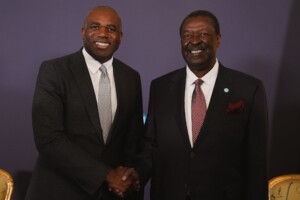European grant to restructure Sudan’s gum Arabic sector
Sudan obtained a €10 million grant from the European Union to support the restructuring of the gum Arabic sector. The grant will be processed through the French Development Agency.
 Gum Arabic resin (Social media)
Gum Arabic resin (Social media)
Sudan obtained a €10 million grant from the European Union to support the restructuring of the gum Arabic sector. The grant will be processed through the French Development Agency.
Faiza Siddig, national coordinator of the project to restructure the Sudanese gum Arabic sector, said in a statement during her visit to El Obeid, capital of North Kordofan, that the grant makes a second phase of the restructuring project possible. This second phase will last from 2021 to 2024, and focus on North Kordofan, Blue Nile state, Sennar, and El Gedaref.
The project will support the establishment of gum processing factories to increase the value of the crop before it is exported, manage the quality of the gum, develop marketing, cultivate new areas in the gum Arabic belt, and stimulate capacity building in 270 communities in 10 localities.
Gum Arabic, a bonding agent and emulsifier crucial for soft drinks, is grown mainly in Darfur, Kordofan, and Blue Nile states. Acacia seyal (Taleh) and the Acacia Senegal (Hashab) are tapped for gum by stripping bits off the bark, from which gum then exudes.
All the gum Arabic produced in the country is exported. From the 1950’s to the early 1990’s, Sudanese gum accounted for 80 percent of the global gum trade. About 50,000 tons were produced per annum in the 1960s. In the following decade, Sudan’s gum exports began to decline. Since late 1980’s, Sudanese exports have been at an average of 25,000 tons.
Gum Arabic exports from Sudan grew from $33.1 million in 2009, when the government ended a state monopoly on the business, to $114.7 million in 2017, according to Central Bank of Sudan (CBoS) statistics.
On September 23, 2020, Sudan and the Netherlands agreed to support and facilitate the establishment of gum processing factories.
Radio Dabanga’s editorial independence means that we can continue to provide factual updates about political developments to Sudanese and international actors, educate people about how to avoid outbreaks of infectious diseases, and provide a window to the world for those in all corners of Sudan. Support Radio Dabanga for as little as €2.50, the equivalent of a cup of coffee.












 and then
and then